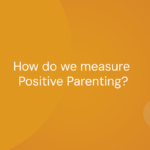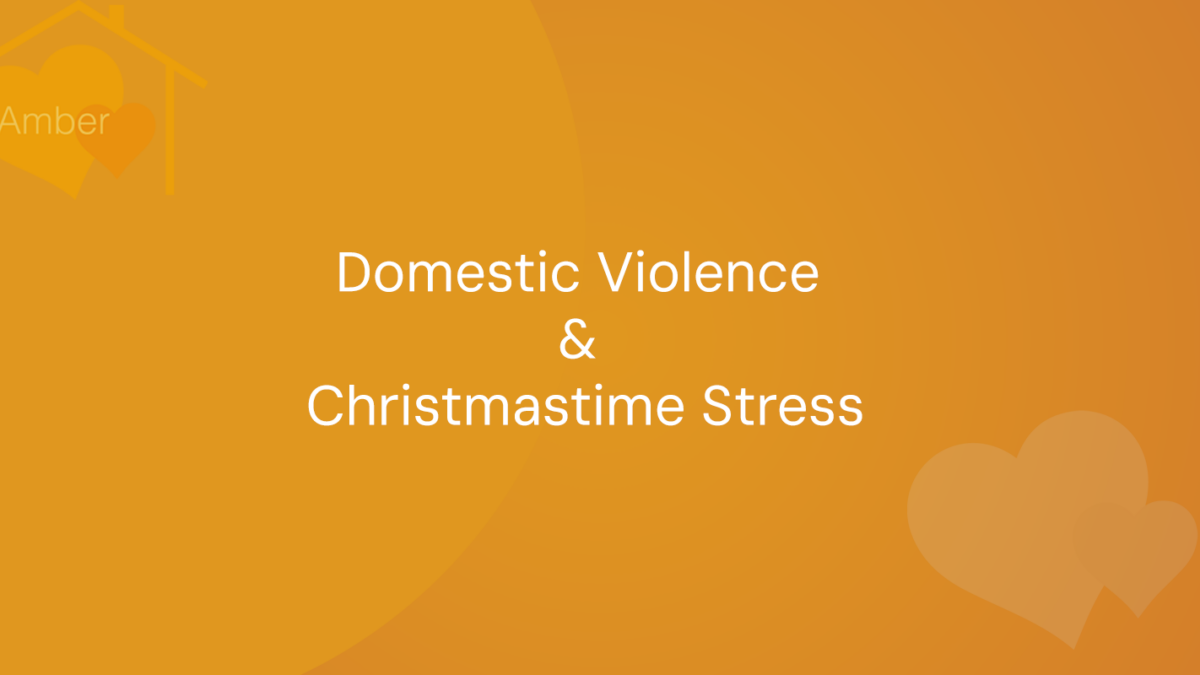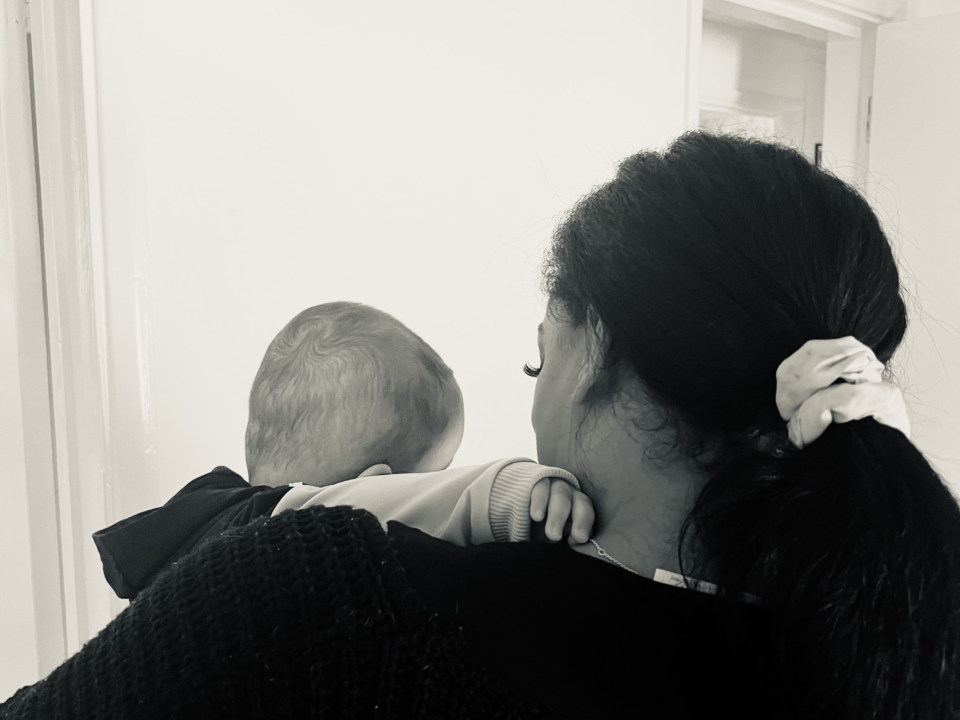
Six years of Amber Family – What we’ve learned.
01/11/2020
How do we measure Positive Parenting?
05/01/2021Coral McCormick. December 2020.
For most individuals and families, the Christmas period is a time of celebration, joy, and happiness. It’s a time when people can enjoy their well-earned break from work, prioritise spending some much-needed quality time with their loved ones, and over-indulge in great food, thoughtful presents, and amazing company. Whether you spend all day in your pyjamas watching your favourite Christmas films with the kids, get dressed up in your new Christmas clothes and visit the family, or even take the time to sit and listen to the Queen’s speech- It really is the most wonderful time of the year, isn’t it?
Sadly, this is not the case for everyone, and unfortunately for some; Christmas is instead a time of anxiety and fear. Statistically, the Christmas period is the one that sees the highest increase in domestic abuse. Domestic violence can be an isolated incident or a pattern of incidents that encompass controlling, coercive, threatening, degrading and violent behaviour. In previous years, it has been reported that on average, 30% more non-molestation orders, are served in January than at any other time of year. Evidently, there is something about this time of year that brings out both the best and worst in people. Many families, relationships and friendships can be torn apart during this supposedly festive time of year, with individuals of all ages finding themselves in extremely distressing and often dangerous situations.
So, what is it about this time of year that facilitates the increased rates of domestic violence? Note: It’s important to acknowledge that an individual’s decision to act in a way that is domestically abusive is solely their own, the responsibility lies with them. However, the following are some factors that are known to increase this behaviour during the Christmas period;
- Financial worries
- Increased stress
- Excess alcohol consumption
- Increased proximity to family members in close confines
- Family problems become compounded
So how does the above translate into an increased level of domestic abuse? Parents are put under pressure to please their children and each other; which can easily lead to an increase in stress and disagreements. The undeniable financial burden that is placed on individuals at this time of year often leads to increased overtime at work and no time to relax. The relentless social media posts from friends and family throw people unwillingly into a competition of who’s having the best Christmas. This “keeping up with the Jones” mentality often ends up overshadowing the whole day. The worry that the kid’s presents won’t be enough, because as much as we pretend otherwise; Christmas is all about the presents to a 6-year-old. There is also the likelihood that individuals will over-indulge in alcohol, which can lead to a lowering of inhibitions and an increase in irritability, anxiety, and aggression.
Then there are the family visits; whilst spending time with loved ones is always welcome in theory, the reality can be somewhat different. Any existing family disagreements have the potential to become magnified, especially when everyone is put together in a confined space for an extended period of time. The stress and added pressure of this can often lead to disagreements and in some cases verbal or even physical abuse. Or it could even be something as nondescript as the dampening of moods due to cold temperatures, awful weather and the weariness that comes with the end of a long year- especially this particular year.
When considering all of the above factors together, it becomes clearer why Christmas can be as much a time of suffering and pain as it is a time of joy and hope. Across the country, refuges and police forces are preparing for a surge in domestic abuse case referrals. According to UK government figures, assault and domestic murders increase by 25% during the holiday period, with incidents increasing by a third on Christmas day itself. Yet despite this rise in cases, calls to the National Domestic Abuse website actually decrease at this time of year. This is likely due to parents wanting to keep everything together for the children, plus being in close contact with the abuser decreases their opportunity to get help. As shocking as these statistics are, for many, this Christmas will be harder than we could imagine.
So, what can we do? Breaking the silence and stigma around domestic abuse is one of the key things we can all do to help reduce rates. Currently, domestic violence is often considered a ‘taboo’ subject, with those who have been abused more often than not being stigmatised by society themselves: “Why didn’t she just leave?” or “Why did you let him get away with it?”, are just two of countless questions thrown around by individuals, who are ignorant to the fact that they are in essence projecting the guilt onto the victim. This often results in those who have been abused believing that they are the ones at fault, thus reducing the likelihood of them speaking out. Breaking the silence is also a key aim of the “Mask 19” program, which is a hotline project that was created by the global women’s network Zonta International. Advertisements for the Mask 19 program can be found in places such as pharmacies, doctor’s offices and hospitals. Many people who have suffered from abuse may not be able to call for help from within their homes, particularly during the Christmas period, so when they use the phrase “Mask 19” in establishments that advertise the program, the police are immediately notified. This program is currently being rolled out all around Europe in the hopes of helping countless individuals leave abusive relationships.
All of us at Amber Family hope you have a restful, peaceful and calm Christmas but if you or someone you know is experiencing domestic violence, you can contact the Freephone 24-Hour National Domestic Violence Helpline on 0808 2000 247 or go to www.nationaldomesticviolencehelpline.org.uk. Anyone in immediate danger should call 999.
You are never alone
Merry Christmas


